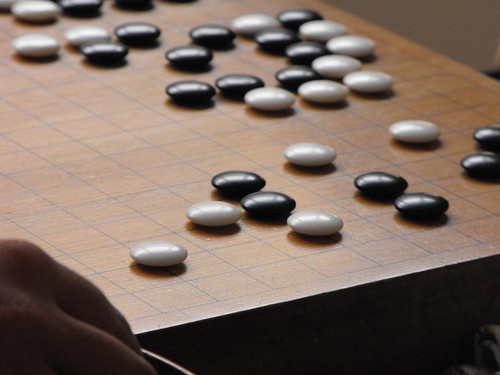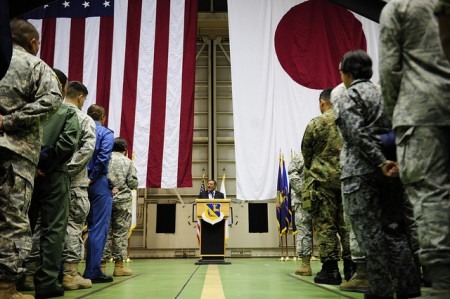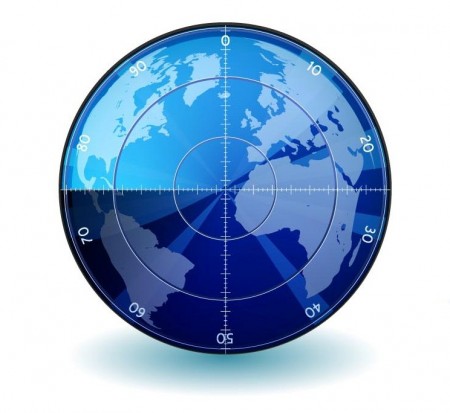
MADRID – In his latest book, On China, Henry Kissinger uses the traditional intellectual games favored by China and the West – weiqi and chess – as a way to reveal their differing attitudes toward international power politics. Chess is about total victory, a Clausewitzian battle for the “center of gravity” and the eventual elimination of the enemy, whereas weiqi is a quest for relative advantage through a strategy of encirclement that avoids direct conflict.
This cultural contrast is a useful guide to the way that China manages its current competition with the West. China’s Afghan policy is a case in point, but it also is a formidable challenge to the weiqi way. As the United States prepares to withdraw its troops from the country, China must deal with an uncertain post-war scenario.




